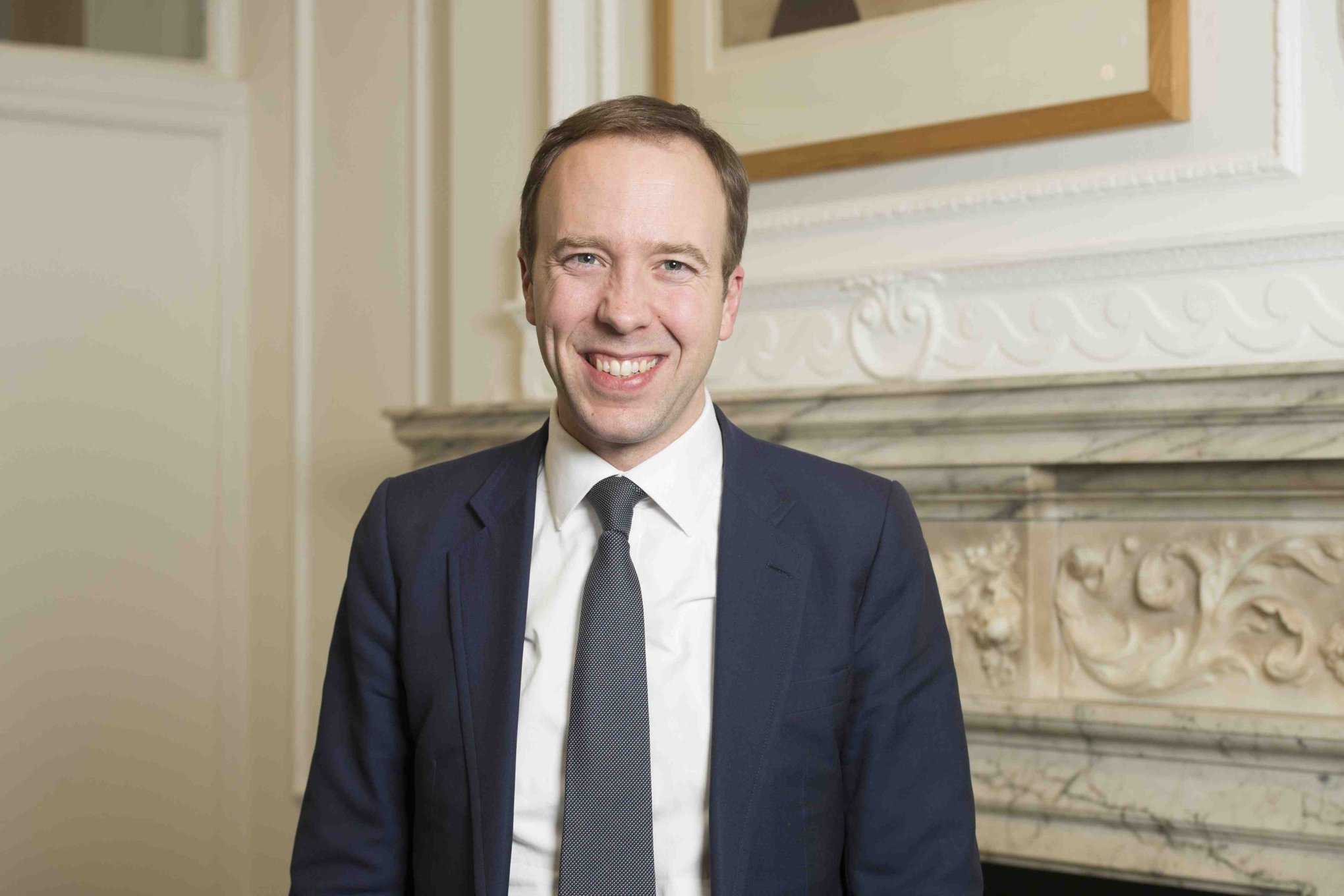Health Secretary Matt Hancock has revealed the UK’s next five-year plan to handle the rising threat of antimicrobial resistance (AMR), estimated to claim at least 700,000 deaths a year worldwide.

At the heart of that plan is the development of a new way of paying for antibiotics that he said will start development in the NHS within the next six months.
Hancock announced the 2019-2024 plan – the next step in the UK’s 20-year vision for a world in which AMR is “contained and controlled” by 2040 – at the World Economic Forum in Davos, where he said AMR is “as big a danger as climate change or warfare…and needs an urgent global response”.
The overarching elements of the plan is to lower the burden of infection by improving the treatment of resistant organisms and reducing transmission, making sure drugs are used in the best way to discourage the development of resistance, and encouraging the development of new products to treat and diagnose infections.
Key elements of the five-year strategy include incentives for pharmaceutical companies to carry out R&D in new antimicrobial drugs – such as the £50m in funding made available via the UK’s GlobalAMR Innovation Fund (GAMRIF) – and reducing the inappropriate use of antibiotics by 15% in five years.
It also sets out specific targets, including halving healthcare-associated Gram-negative blood stream infections, reducing the overall number of specific drug-resistant infections by 10% within five years, and reducing antibiotic use in food-producing animals by 25% between 2016 and 2020.
“We are going to be doing this, both in humans and animals, through immunisation, better infection control, working with doctors, vets, farmers and patients, to prevent unnecessary prescription of antibiotics,” said Hancock at a Davos press conference.

Matt Hancock, Health Secretary
Incentivising pharma
There hasn’t been a new class of antibiotics since the 1980s, continued Hancock, which is “shocking and deeply troubling”. The answer is to develop a new economic model for antibiotic development that doesn’t tie revenue to volume, as new anti-infectives generally need to be conserved.
Here, the NHS could take the lead on pioneering a new payment system that reflects the true value of antibiotics to society, and switches how these drugs are viewed from a product, to a service, he said, likening the shift to Spotify subscriber from vinyl record shopper, with fees paid upfront.
“Within six month, the NHS is going to start work on paying for the service – and therefore the security – of having access to critical antibiotics when we need them, rather than hoping there is a product we can buy in the future.”
The intention is also to try to encourage the adoption of this new funding model internationally, and Hancock said he would be meeting with other health ministers and pharma company executives in the coming weeks and months to try to encourage similar efforts beyond the UK.
AMR poses a massive threat to healthcare systems and has been predicted to kill around 10 million people every year by 2050, according to the 2016 O’Neill report commissioned by the UK government.




